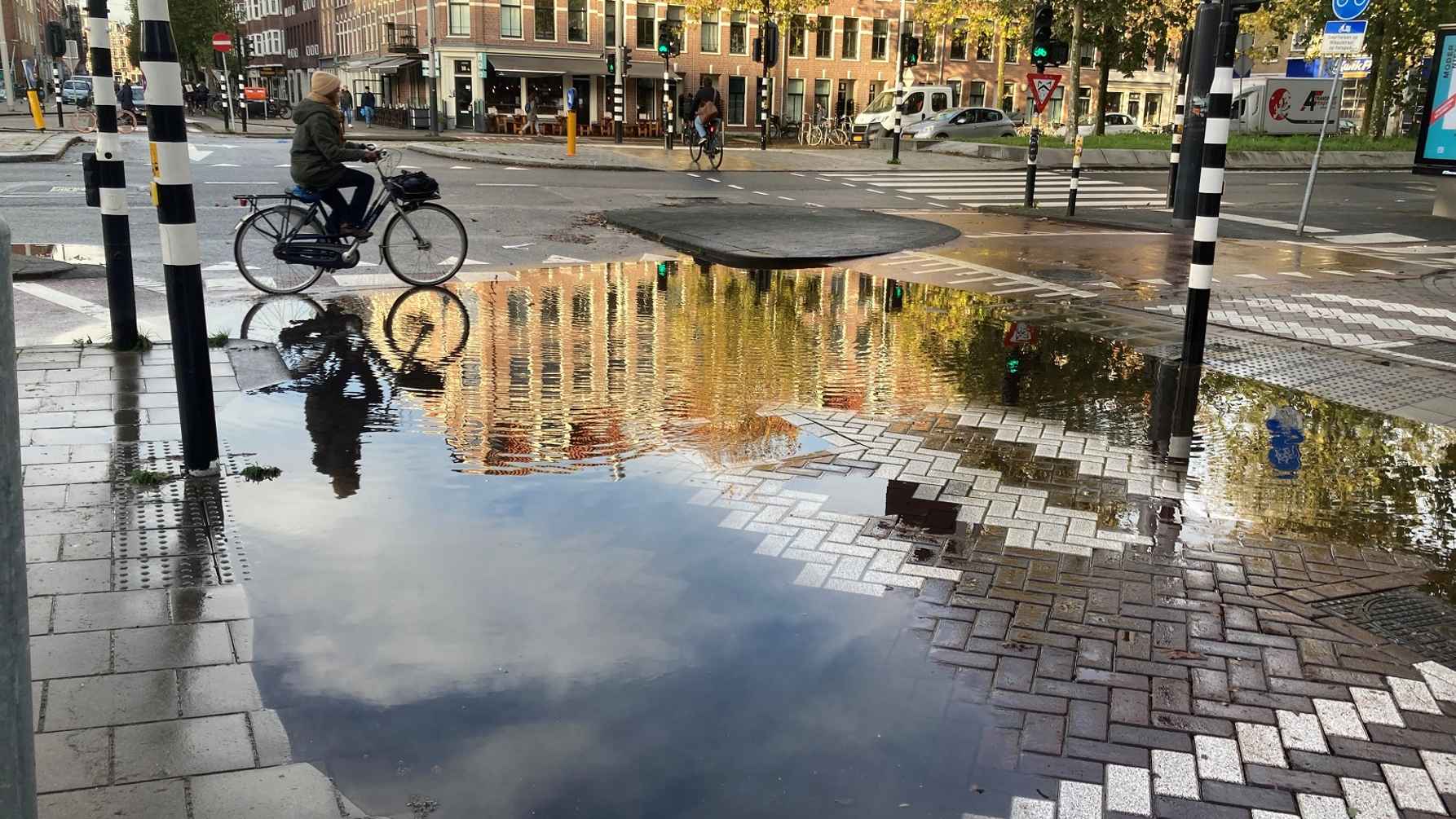Online reading material on climate data

It is not easy to gain a clear overview of all the available information on climate change and climate data. That is why we are developing freely available online reading material, cut up into bite-sized portions of knowledge, on climate change and climate data. The first modules are available (in Dutch) via the Centre of Expertise City Net Zero learning platform.


